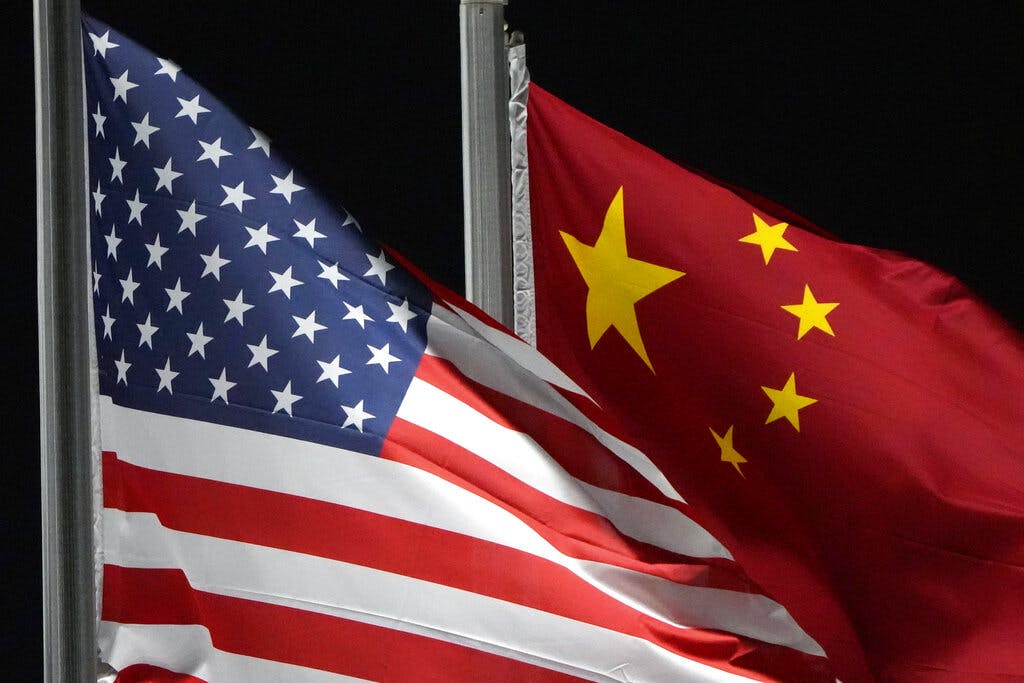
Joe Biden’s Affordability Problem Has Become Trump’s Affordability Solution
By LAWRENCE KUDLOW
|Opposition leaders in Taipei are expressing widely held fears that the Chips act will eat into Taiwan’s top industry, cause a loss of national revenue, and lead to a brain drain.

Already have a subscription? Sign in to continue reading

By LAWRENCE KUDLOW
|
By NOVI ZHUKOVSKY
|
By THE NEW YORK SUN
|$0.01/day for 60 days
Cancel anytime
By continuing you agree to our Privacy Policy and Terms of Service.